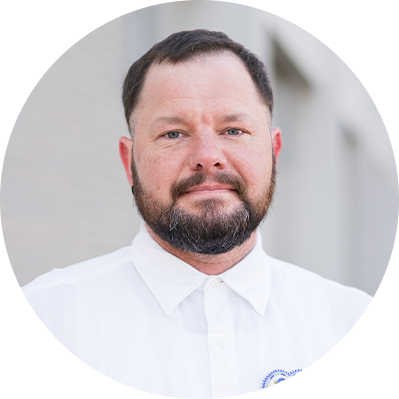
Event Details
- Date: Tuesday, May 6, 2025
- Time: 10:00 am – 11:00 am (PDT)
- Location: Online via Zoom
Join us for a casual, online gathering focused on sharing and learning from one another, and hearing expert advice related to embedding Indigenous ways of knowing and doing into your community engagement work.
This is a great opportunity to connect with consultants from the Centre for Teaching, Learning and Technology (CTLT) Indigenous Initiatives team and meet your peers who lead and support community engagement across UBC. CTLT Indigenous Initiatives offers programming, resources, and consultations to support respectful and meaningful engagement in curriculum, pedagogy, and more. Their work fosters learning and working environments that center Indigenous perspectives both on and off campus. They host monthly virtually coffee drop-ins.
Whether you have specific questions or simply want to introduce yourself, this drop-in session is a welcoming space to share how you may be trying to bring Indigenous ways of knowing into your work, to seek feedback on something you’re working on, and discover new tools and resources related to reconciliation and UBC’s Indigenous Strategic Plan.
This conversation will build on our past session, “How UBC staff are integrating Indigenous ways of knowing into their community engagement work,” which explored how staff are integrating Indigenous ways of knowing, doing, being, and relating into their community engagement work.
This session is intended for UBC staff and librarians who do community engagement work.
Possible Discussion Topics
- Professional development plans for individuals, teams, and departments.
- How to engage with the Indigenous Strategic Plan (ISP).
- Connecting with a network of people across the university.
- Locating relevant resources.
- Meaningful land acknowledgements.
Facilitators

Carissa Block (she/her) is an Educational Programs Coordinator on the Indigenous Initiatives Team at the Centre for Teaching Learning and Technology. She is a settler of mixed european ancestry who spent most of her childhood on the lands of the Suquamish people, moving north to xʷməθkʷəy̓əm (Musqueam) territory in 2014 for an undergrad at UBC. Carissa provides back-end support for a number of the team’s programs and initiatives. She also curates the monthly newsletter and provides support to units across the university as they engage with the Indigenous Strategic Plan toolkit.
Ask me about: Indigenous Strategic Plan toolkit engagement, ethical dimensions of AI, inviting guest speakers

Kyle Shaughnessy (he/him) is an Indigenous Educational Consultant: Staff Training, in a joint role between CTLT Indigenous Initiatives and Central HR. He is Tłįcho Dene, Irish, and Ukrainian. Kyle’s professional background is in social work and has spanned the areas of health education, institutional change, Indigenous community engagement, LGBT2Q+ advocacy, and Two-Spirit/Indigiqueer teaching & learning practices. Kyle’s role at UBC provides consultation and support for staff (including teams and leadership) seeking to foster greater integration of Indigenous knowledges and perspectives in university programming and engagement strategies.
Ask me about: Getting started with Indigenous topics for learning and professional development, land acknowledgements.

Lauren Casey (any pronouns) is an Educational Consultant: Anti-Racist and Indigenous Initiatives with the Centre for Teaching, Learning and Technology (CTLT) Indigenous Initiatives team. They are a member of the Skidegate Band of the Haida Nation, Red River Metis, and Irish. Lauren’s professional background is in public relations and community engagement, spanning government relations, Indigenous governance, health, and sexual and gender-based violence response and prevention education. Lauren’s role at UBC offers support to the teaching and learning community to engage at the intersection of anti-racism and decolonization through consultations on curriculum, classroom climate, policies, strategic planning and engagement. Recently, Lauren’s work has been expanding our knowledge of and building resources for trauma-informed practices grounded in harm reduction frameworks that draw on liberatory and restorative justice models.
Ask me about: Trauma-informed approaches, classroom climate and curricular design, community engagement
Registration is now closed.